Apple fires back at DOJ antitrust case, calls for immediate dismissal
Apple has begun the process of filing a motion to have the Department of Justices lawsuit over App Store and other antitrust actions to be dismissed.
Apple's motion to dismiss the Department of Justice's (DOJ) allegations of antitrust behaviour, is required to start with a maximum three-page pre-motion letter outlining the arguments for dismissal. Apple has today filed that letter with US District Judge Julien Neals, claiming that this "case lies well beyond the outer limits of antitrust law."
According to Apple, the DOJ has brought an antitrust case as a Section 2 Sherman Act claim, and that this can only "move past the pleadings" if it is shown that three specific allegations are valid. The DOJ, says Apple, has to show that the company has:
- Monopoly power in a relevant market
- Has performed anticompetitive conduct
- It has had anticompetitive effects
"This complaint fails on all three fronts," continues Apple's letter. "The Supreme Court has repeatedly held that the type of conduct at the core of this case — namely, Apple's decisions about how and whether to grant third parties access to its platform — does not give rise to Section 2 liability as a matter of law."
Apple then says that the DOJ has accused it of restrictions that it has then failed to show have had anticompetitive effects. Apple "faces fierce competition from well-established rivals" and does not have "the market share necessary to establish or infer market power."
Consequently, Apple is asking the court to dismiss the case. But it's also going further in accusing the DOJ of attempting to change antitrust law. "This Court," it says, "should reject the invitation to forge a new theory of antitrust liability that no court has recognized."
Apple's filing of this pre-motion letter starts a process that will next see the DOJ responding by the end of the month. After that, Judge Neals may call for a conference with the two parties.
All subsequent steps depend on Judge Neals but assuming Apple is allowed to then file its full motion to dismiss, that it likely to be no sooner than mid-June. Then once more the DOJ gets to file an opposition brief, and Apple can then issue a reply to that.
If the case gets this far without the judge declining to dismiss, there will probably be a hearing but no date will be set for some time. Given the scope of the case, though, it is likely that the motion to dismiss will be heard in court no sooner than September.
If Apple's motion to dismiss is not upheld, the DOJ's case will continue and proceed to a full hearing. The dates for this are again down to the court.
With appeals expected regardless of outcome from either side, it's unlikely that the case will be resolved for some years.
 William Gallagher
William Gallagher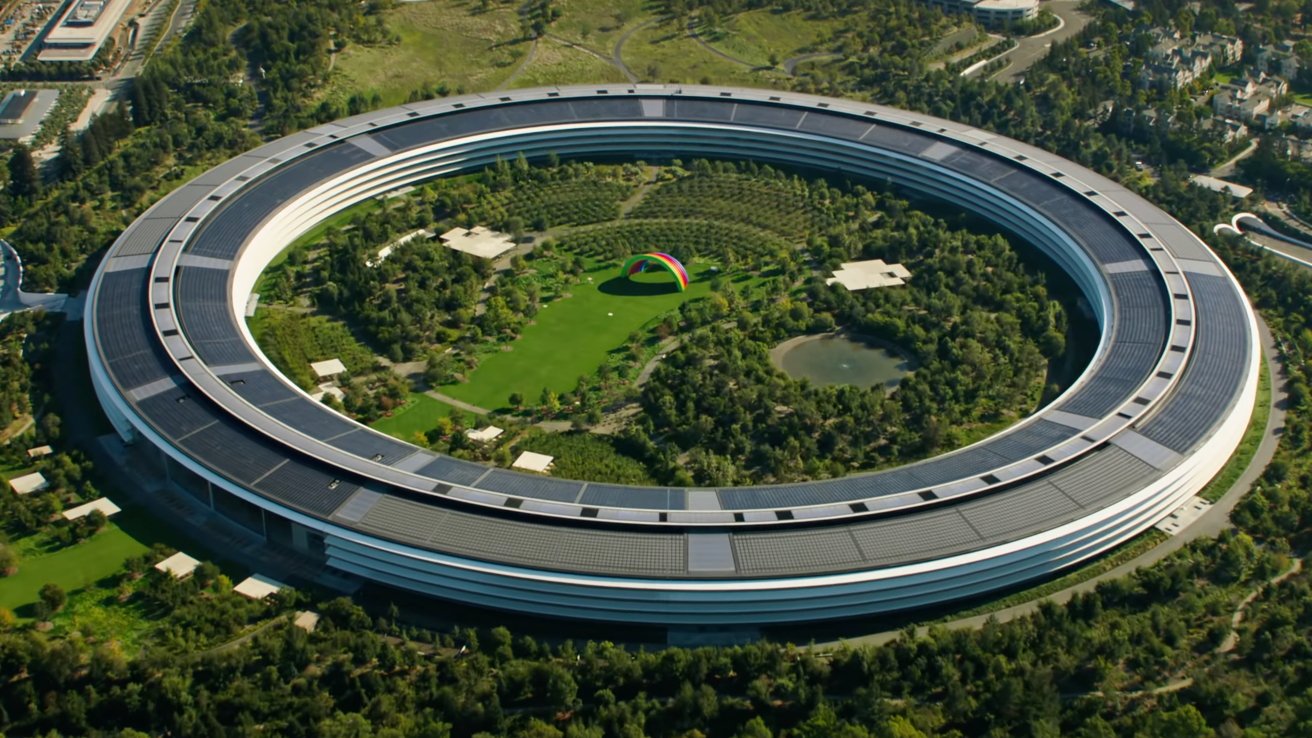
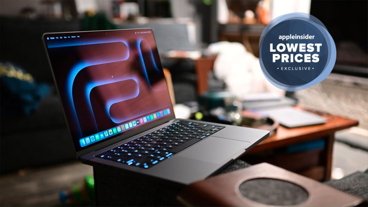
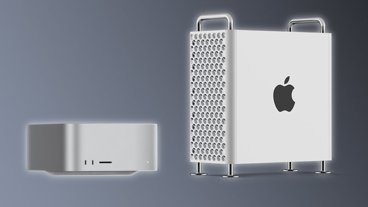
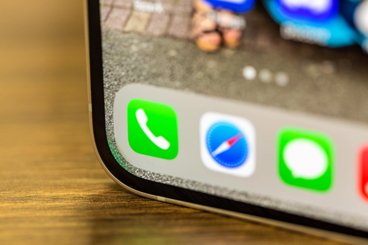
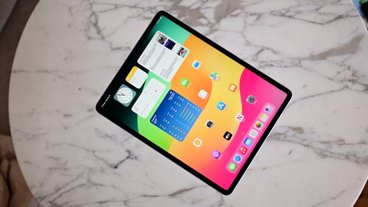



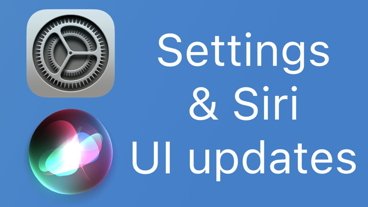
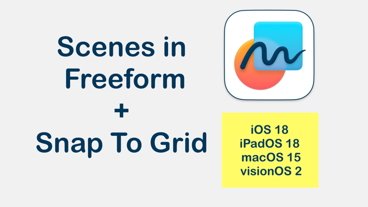
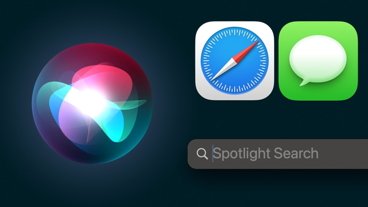


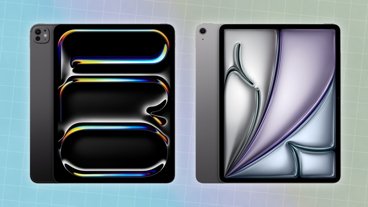

 Andrew O'Hara
Andrew O'Hara
 Christine McKee
Christine McKee


 Malcolm Owen
Malcolm Owen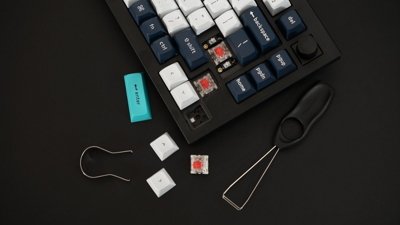
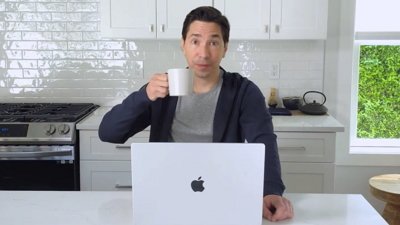
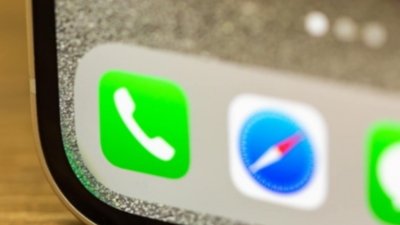
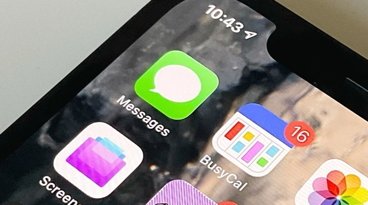



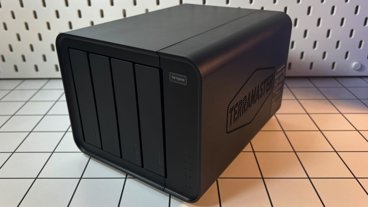
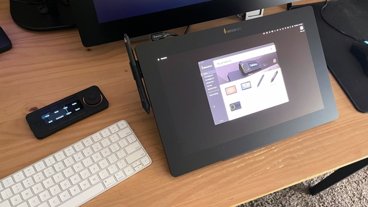


11 Comments
The case is a ridiculous waste of DOJ’s resources. It’s also an insult to what could be the most ethical and socially responsible major company in history.
This DOJ is honestly good for nothing.
Can we get a new DOJ that knows the difference between justice and harassment please
I’m sure every company files for immediate dismissal in cases like this. 100%.